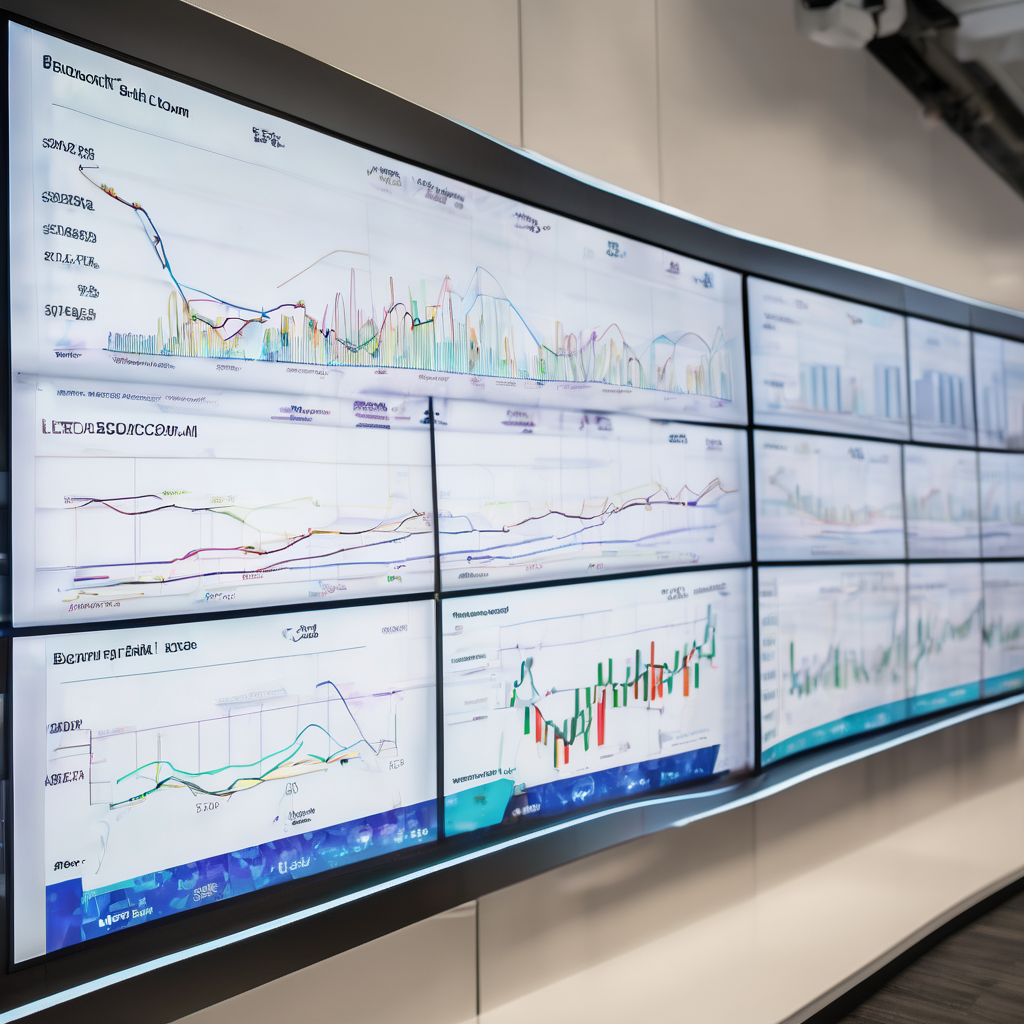
The rise of chatbots has led to an overwhelming influx of AI-generated text within various domains, from news feeds to academic papers. This situation has prompted the emergence of industries focused on detecting or humanizing AI text, though the effectiveness of these tools remains debatable. As advancements in chatbot technology continue, distinguishing between human and algorithm-generated text will likely become increasingly challenging. A potential solution is the introduction of a watermarking system that can signal whether text is AI-generated. Google DeepMind's new system, SynthID-Text, aims to achieve this without compromising the quality or creativity of the text. While it is not universally available yet and still undergoing testing, it has been integrated into Google’s Gemini chatbot. Developers can utilize the tool to verify text outputs specific to their AI models.
However, only Google currently has access to the watermark detection component. The concept of content credentials, gaining traction in the context of images and videos through the C2PA initiative, poses complexities for text, as it’s easier to alter text than images or video to hide watermarks. Nonetheless, SynthID-Text has shown promise, having been tested on 20 million prompts, successfully enabling watermarking without degrading user satisfaction. The system works by subtly modifying the output of the LLMs, creating a statistical signature detectable by SynthID. Although the watermark can be easily obscured through significant text edits or paraphrasing, the initial results are encouraging. For broader impact on identifying AI-generated content, collaboration among AI companies to develop interoperable watermarking standards will be crucial, alongside addressing the challenges posed by open-source models. This endeavor is considered a significant first step in a longer journey towards reliable detection methods.
Google DeepMind's SynthID-Text: A New Era in AI Text Watermarking


Examining AI ‘hallucinations’ and Sunday’s Gaza blasts Thomas Copeland, BBC Verify Live journalist As we prepare to close this live coverage, here's a summary of today's key stories

The challenge marketers face today is harnessing AI’s potential without compromising sustainability goals—a question we at Brandtech have been exploring with clients and industry peers.

By 2028, it is expected that 10 percent of sales professionals will use the time saved through artificial intelligence (AI) to engage in 'overemployment,' a practice where individuals secretly hold multiple jobs simultaneously.

OpenAI has rapidly established itself as a leading force in artificial intelligence through a series of strategically crafted partnerships with top technology and infrastructure companies worldwide.

A recent study reveals stark differences in how reputable news websites and misinformation sites manage AI crawler access via robots.txt files, a web protocol controlling crawler permissions.

On Saturday, President Donald Trump shared an AI-generated video showing him in a fighter jet dropping what appears to be feces onto U.S. protesters.

Nvidia Corp.
Automate Marketing, Sales, SMM & SEO

and get clients on autopilot — from social media and search engines. No ads needed
and get clients today